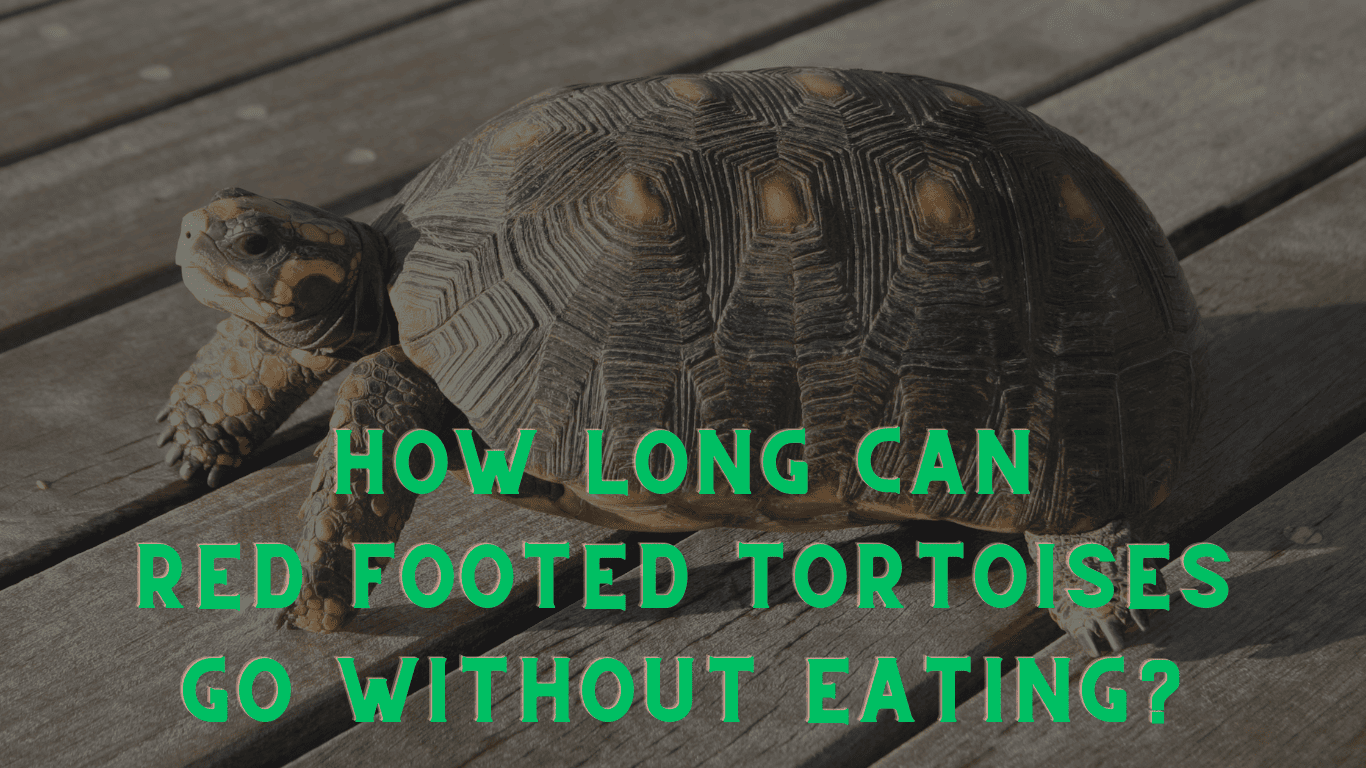West Virginia has a variety of native turtle species, and residents need to understand the state’s turtle laws. The state regulates the possession, sale, and taking of turtles, tortoises, and terrapins to protect these animals and their habitats.
According to West Virginia’s turtle laws, only state residents can take or possess turtles and only do so during specific times of the year. Additionally, the state only regulates species native to West Virginia; anyone possessing a native animal as a pet must obtain a permit. It’s important to note that marine turtle species are exempt from these regulations.
Understanding West Virginia’s turtle laws can help residents avoid legal issues and protect the state’s native turtle species. By following these regulations, residents can help ensure that these animals remain vital to West Virginia’s natural ecosystem for generations.
Turtle Ownership Laws in West Virginia

In West Virginia, turtle ownership is regulated by state law. As per the West Virginia Code, the term “turtles” includes all animals commonly known as turtles, tortoises, terrapins, and all other animals of the order Testudinata, class Reptilia, except marine species (families Dermochelyidae and Cheloniidae).
Possession
The state only regulates species native to the state. A person possessing a native animal in captivity as a “pet” must obtain a permit. However, no state laws govern the private possession of exotic animals.
Sales
The West Virginia Division of Natural Resources enforces the general prohibition on selling turtles. Selling any turtle in West Virginia that is less than four inches in length is illegal. There are also restrictions on selling turtles that are four inches or longer.
Fees
A turtle ownership permit in West Virginia costs $10 per year. The permit is valid for one year from the date of issue.
Regulations
Possessing reptiles and amphibians, as defined by the §58CSR73 West Virginia Reptile and Amphibian Rule, is prohibited. West Virginia’s herp regulations prohibit the possession of 80 species of reptiles and amphibians.
Conclusion
Following the regulations and laws regarding turtle ownership in West Virginia is essential to avoid legal issues. The state’s regulations are in place to protect both the turtles and their natural habitats.
Turtle Commercialization Laws in Virginia
In Virginia, it is illegal to sell or purchase any turtle species that are native or naturalized in the state. This law is in place to protect the turtles from being over-harvested and to maintain their populations. However, turtles may be given away and kept as pets as long as no more than one individual non-SGCN (Species of Greatest Conservation Need) amphibian or reptile is in captivity per physical address.
If you want to commercialize turtles in Virginia, you must obtain a permit. The Virginia Department of Game and Inland Fisheries issues permits for the commercial harvest of snapping turtles. The permit is valid for one year and costs $50. The permit allows the holder to harvest up to 10 snapping turtles daily, with a possession limit of 20 snapping turtles.
It is important to note that snapping turtles’ unregulated (unlimited) harvest is not sustainable in Virginia, especially in coastal waters. The Virginia Department of Game and Inland Fisheries has conducted studies on the commercial harvest of snapping turtles and has concluded that the unregulated harvest is not sustainable. Therefore, the department has implemented regulations to ensure the sustainability of the snapping turtle population.
Commercializing turtles in Virginia is unlawful unless you obtain a permit from the Virginia Department of Game and Inland Fisheries. The permit costs $50 and allows the holder to harvest up to 10 snapping turtles daily, with a possession limit of 20 snapping turtles. It is essential to follow these regulations to ensure the sustainability of the snapping turtle population in Virginia.
Virginia 4 Inches Law
The 4 Inches Law is a regulation passed by the US government in 1975 to protect sea turtle eggs, reduce environmental damage, and minimize health risks. This law makes it illegal to sell turtles that are smaller than 4 inches.
As used in this section, the term “turtles” includes all animals commonly known as turtles, tortoises, terrapins, and all other animals of the order Testudinata, class Reptilia, except marine species (families Dermochelyidae and Chelonidae).
Fourteen states, including California and Indiana, have adopted the four-inch rule, making it unlawful to import, sell, or offer for sale or distribution to the public any live turtle(s) with a carapace length of less than 4 inches.
The 4 Inches Law is an essential regulation that helps protect turtles and their habitats. It is crucial to understand and follow this law to ensure the survival of these magnificent creatures.
Laws About Wild Turtles in West Virginia
West Virginia has strict laws regarding the possession and sale of wild turtles. According to state law, it is unlawful to take, possess, transport, sell, or offer for sale any wild turtle, including common snapping turtles, eastern box turtles, and aquatic turtles, without a valid fishing license and permit.
There are possession limits and bag limits for wild turtles in West Virginia. For common snapping turtles, the possession limit is two per day, and the bag limit is four per day. For aquatic turtles, the possession limit is four per day, and the bag limit is eight per day. It is important to note that these limits only apply to turtles taken for personal use, not commercial ones.
There are exceptions to these possession and bag limits for certain species of turtles, such as federally protected species. It is also essential to check with local regulations and laws before taking or possessing any wild turtle.
It is unlawful to take or possess most native reptiles and amphibians for any reason in West Virginia, including many species of turtles. The state’s herp regulations prohibit the possession of 80 species of reptiles and amphibians.
In addition to state laws, federal laws protect certain species of turtles. Awareness of these laws and regulations is essential when handling or possessing any wild turtle.
Overall, knowing the laws and regulations regarding wild turtles in West Virginia is essential to avoid legal issues.
Native Species for West Virginia
West Virginia, with its diverse habitats, is a proud host to an impressive variety of native turtle species. These include:
- Eastern Spiny Softshell
- Spotted Turtle
- Wood Turtle
- Ouachita Map Turtle
- River Cooter
- Midland Smooth Softshell
- Eastern Painted Turtle
- Eastern River Cooter
- Northern Map Turtle
- Midland Painted Turtle
- Red-eared Slider
Furthermore, the state also nurtures other species like the:
- Chrysemys picta marginata
- Pseudemys rubriventris
- Trachemys scripta elegans
- Clemmys guttata
- Glyptemys insculpta
- Common Map Turtle (Graptemys geographica)
- Common Musk Turtle (Sternotherus odoratus)
Two other native species particularly significant are the:
- Common Snapping Turtle (Chelydra serpentina serpentina)
- Eastern Box Turtle (Terrapene Carolina Carolina)
Also enriching West Virginia’s turtle diversity are species like:
- Chrysemys picta picta
- Pseudemys concinna concinna
- Apalone spinifera spinifera (Aquatic Turtle)
- Apalone mutica mutica
- Northern Red-belly Turtles
- Graptemys ouachitensis ouachitensis
This vibrant collection of turtles only enhances the biodiversity of the state, which also is home to numerous frog species, including the Northern Red-bellied Cooter. Discover the marvels of these species as you dive deeper into our West Virginia wildlife pages
It is important to note that West Virginia has strict laws regarding possessing and taking native turtle and amphibian species. Possession of most native reptiles and amphibians is prohibited, including many of the species mentioned above. It is always best to observe and not disturb these animals in their natural habitat. Remember to take only photographs and leave only footprints when in their home!
West Virginia Laws About Sea Turtles
West Virginia has laws to protect sea turtles, which are classified as endangered or vulnerable species. These laws aim to safeguard sea turtles from harm and prevent them from being exploited commercially.
One of the most important laws is the 4 Inches Law, which makes it illegal to sell smaller turtles than 4 inches. This law was passed in 1975 by the US government to protect sea turtle eggs, reduce environmental damage, and reduce health risks.
In addition, West Virginia prohibits the possession of certain species of reptiles and amphibians, as defined by the West Virginia Reptile and Amphibian Rule. This includes 12 species of turtles native to West Virginia, such as the Spotted Turtle, Wood Turtle, Northern Map Turtle, Ouachita Map Turtle, and River Cooter.
It is important to note that sea turtles are not native to West Virginia but still protected under federal law. The Endangered Species Act (ESA) of 1973 protects all sea turtle species in the United States, including the Green, Loggerhead, Kemp’s Ridley, Hawksbill, Leatherback, and Olive Ridley sea turtles.
Under the ESA, it is illegal to harm, harass, capture, or kill sea turtles, their eggs, or their nesting habitats. Violations of the ESA can result in fines and imprisonment.
Overall, West Virginia has taken steps to protect sea turtles and other endangered or vulnerable species. Individuals need to be aware of these laws and regulations to ensure the safety and preservation of these animals.
Why Those Laws Exist
West Virginia has several laws in place to protect turtles, both native and exotic. These laws exist for various reasons, including protecting the native animal population, reducing environmental damage, and minimizing health risks.
The federal government passed regulations in 1975 to protect sea turtle eggs, reduce environmental damage, and reduce health risks. This law makes it illegal to sell turtles that are smaller than 4 inches. The law is in place to protect the turtles, as tiny turtles are more likely to carry salmonella, which can be transmitted to humans.
West Virginia has 13 species of turtles and one subspecies. Turtles are reptiles in the order Testudines, best known for their protective shell, which developed from the ribs. Some turtles, like the woodland box turtle, can close entirely into their shell, protecting their limbs and head from predators. These turtles are essential to the state’s ecosystem, and the laws exist to protect them.
New regulations in West Virginia make it unlawful to take or possess most native reptiles and amphibians for any reason. The regulations are in place to protect the state’s valuable wildlife resources, as there have been several significant poaching cases involving these animals.
Overall, the laws and regulations in place in West Virginia exist to protect the state’s native animal population and to minimize environmental damage and health risks. These laws are necessary to ensure that the state’s ecosystem remains healthy and thriving for future generations.
Conclusion
In conclusion, West Virginia has strict laws regarding turtle ownership. The 4 Inches Law prohibits the sale of turtles that are smaller than 4 inches. Additionally, possessing most native reptiles and amphibians is prohibited in the state. The regulations aim to protect wildlife resources and reduce environmental damage.
It is important to note that a person possessing a native animal in captivity as a “pet” must obtain a permit. However, no state laws govern the private possession of exotic animals.
If you are considering owning a turtle or any other reptile or amphibian in West Virginia, it is crucial to research and understand the laws and regulations in place. Violating these laws can have severe consequences, including fines and legal charges.
Overall, it is essential to respect and protect the wildlife resources in West Virginia and follow the laws and regulations to ensure their preservation for future generations.
Resources
Several resources are available if you are interested in learning more about West Virginia’s turtle laws. Here are a few:
- West Virginia Division of Natural Resources: The West Virginia Division of Natural Resources (DNR) is the agency responsible for enforcing the state’s turtle laws. Their website contains information about the laws and other resources for turtle owners and enthusiasts.
Remember, following West Virginia’s turtle laws to protect these animals and their habitats is essential. Educating yourself and others can help ensure that turtles continue to thrive in the state.




Leave a Reply